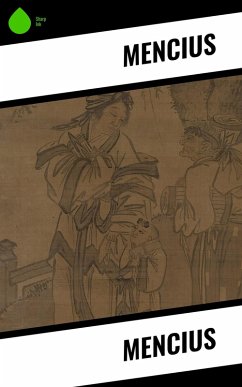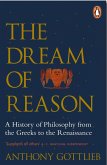Mencius, an essential text of Confucian philosophy, presents a profound exploration of human nature and governance through the dialogues of its eponymous philosopher. Written in a style that echoes the moral and ethical undertones of classical Chinese literature, the book offers a series of conversations between Mencius and various rulers, emphasizing the innate goodness of humans and the importance of benevolent leadership. This work not only serves as a commentary on the philosophical climate of the Warring States period but also challenges readers to reflect on moral integrity and the role of the state in promoting virtue among its citizens. The author, Mencius (372-289 BCE), regarded as the 'second Sage' next to Confucius, was likely influenced by the sociopolitical turmoil of his time. His experiences and keen observations of rulers and their governance galvanized his arguments advocating for a just and compassionate society. Mencius sought to articulate a vision where leaders cultivate a moral character that encourages the flourishing of humanity, drawing from both philosophical tenets and pragmatic wisdom that resonate across ages. This compelling text remains relevant today, inviting contemporary readers to reconsider the ethical dimensions of leadership and personal responsibility. Scholars and enthusiasts of philosophy alike will find Mencius a pivotal work for understanding the roots of East Asian thought and its implications for our modern societal constructs.
Dieser Download kann aus rechtlichen Gründen nur mit Rechnungsadresse in A, B, BG, CY, CZ, D, DK, EW, E, FIN, F, GR, HR, H, IRL, I, LT, L, LR, M, NL, PL, P, R, S, SLO, SK ausgeliefert werden.









